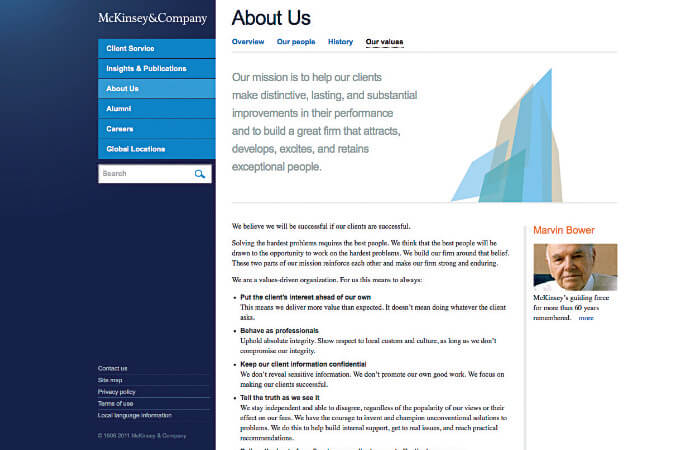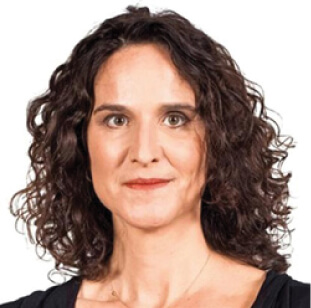Assets or liabilities?
Leaders of ‘people businesses’ are fond of saying that their most valuable assets “go up and down in the elevator every day”. The chances are that, riding in that same tight space, are also the company’s most troublesome liabilities.
Sometimes the two are embodied in the same individual. Take McKinsey’s Anil Kumar, for example. On the upside, he is credited as the architect of one of the consulting firm’s most profitable innovations – Knowledge Process Outsourcing. On the plunging downside, his criminal role in the biggest US insider-trading case since the ‘80s could yet sink the 85-year-old company.
Kumar was swift to plead guilty in the so-called Galleon case, in which he confessed to passing on confidential client information to a billionaire hedge-fund trader, Raj Rajaratnam, now convicted of insider dealing. The finger has also been pointed at Rajat Gupta, a former McKinsey managing director who protests his innocence, and David Palecek, a former partner who died last year, leaving his wife and her lawyers to protest his.
The trouble with people brands is people. To describe them as unqualified assets is to be a hostage to fortune. People are only human; brands need to do better than that. Their most valuable asset must always be unwaveringly the same: trust. It is what brands were created for in the first place. So when one of the walking liabilities threatens to destroy that asset, the brand must do everything in its power to protect it.
McKinsey has responded to a slowly unfolding crisis with a well-judged combination of decisiveness and humility. It has been swift to admit failure, co-operate with the authorities, tighten procedures and reassure clients and employees. Yet it is not in an unseemly rush to regain lost ground: in a filmed interview last week, Dominic Barton, McKinsey’s global managing director, talked about a 20-year perspective for the rebuilding of brand reputation.
If you run a people brand, these are useful principles to know. Here’s an even more crucial one: crisis-management starts before the crisis. What the brand has always stood for, at the deepest level, will be thrust into sharp relief the moment trouble hits. Trust has been breached; before it can be reinstated, customers will seek to sense whether it was an aberration – the kind of thing that can happen anywhere – or there was something endemic in the organisation that fostered it.
Here, too, McKinsey appears to be on firm ground. Its value set, laid down 60 years ago by Marvin Bower, modern McKinsey’s spiritual father, is not just buzzwords, but five strongly directive, ethical principles (see panel). Kumar’s tears in a New York court may have been shed not only for himself, but also for his deep awareness of having traduced the firm’s very soul.
In its response to the crisis, but even more in the bedrock values to which it can now return, McKinsey contrasts sharply with News International and the imbroglio that engulfs Wapping.
In both scandals, individuals flouted the norms of commercial practice and broke the laws of the country for personal gain. In one, the impression is of opportunistic greed, a one-off aberration that will damage, but not destroy, brand trust. In the case of the other, we could be forgiven for thinking that the company elevator was always a welcoming spot for the morally dubious.
The values laid down by Marvin Bower are unusually unequivocal. Yet the third point has been breached and brand trust badly damaged. The firm’s reputation now rests on its ability to reassure clients that its values will once again be sacrosanct.

McKinsey spells out its values on corporate site
Put the client’s interest ahead of our own This means we deliver more value than expected. It doesn’t mean doing whatever the client asks.
Behave as professionals Uphold absolute integrity. Show respect to local custom and culture, as long as we don’t compromise our integrity.
Keep our client information confidential We don’t reveal sensitive information. We don’t promote our own good work. We focus on making our clients successful.
Tell the truth as we see it We stay independent and able to disagree, regardless of the popularity of our views or their effect on our fees. We … invent and champion unconventional solutions to problems … to help build internal support, get to real issues, and reach practical recommendations.
Deliver the best of our firm to every client as cost effectively as we can We expect our people to spend clients’ and our firm’s resources as if their own resources were at stake.
